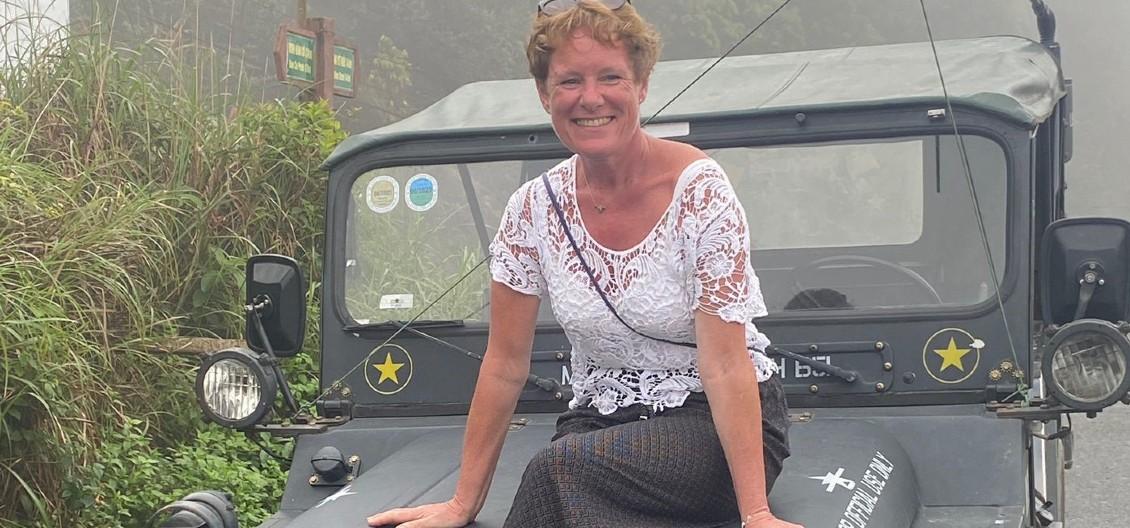
Nicki shares the impact that stigma has had on her whilst coming to terms with her type 2 diabetes and says "we need to educate people more and make sure there’s a better understanding of diabetes".
customer support
customer support

Nicki shares the impact that stigma has had on her whilst coming to terms with her type 2 diabetes and says "we need to educate people more and make sure there’s a better understanding of diabetes".